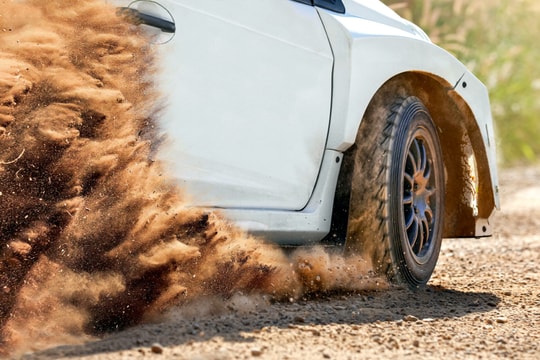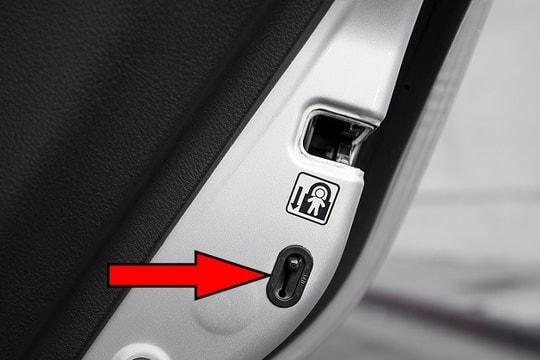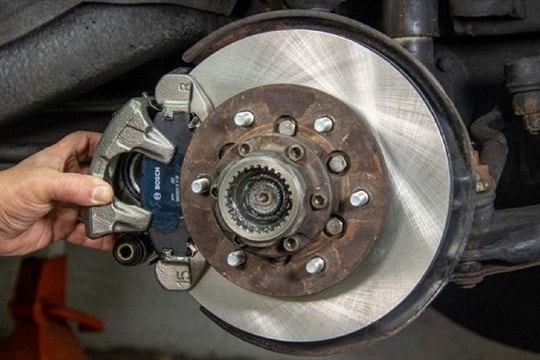5 car technologies that should become standard equipment
Many practical features and technologies should become standard equipment on every car in the future.
Cars today are no longer just a means of transportation, they must have more amenities, must have more technology to help drivers stay safe and driving easier. Therefore, standard equipment on cars also needs to be constantly supplemented. Below are 5 practical features that should be on every car in the future:
1. Wireless phone charging
Although wireless charging is not the best way to clean the phone, but compared to the benefits it brings, users can still accept the disadvantages of this technology. Customers can charge their phones at any time, no longer depending on the charging cable.
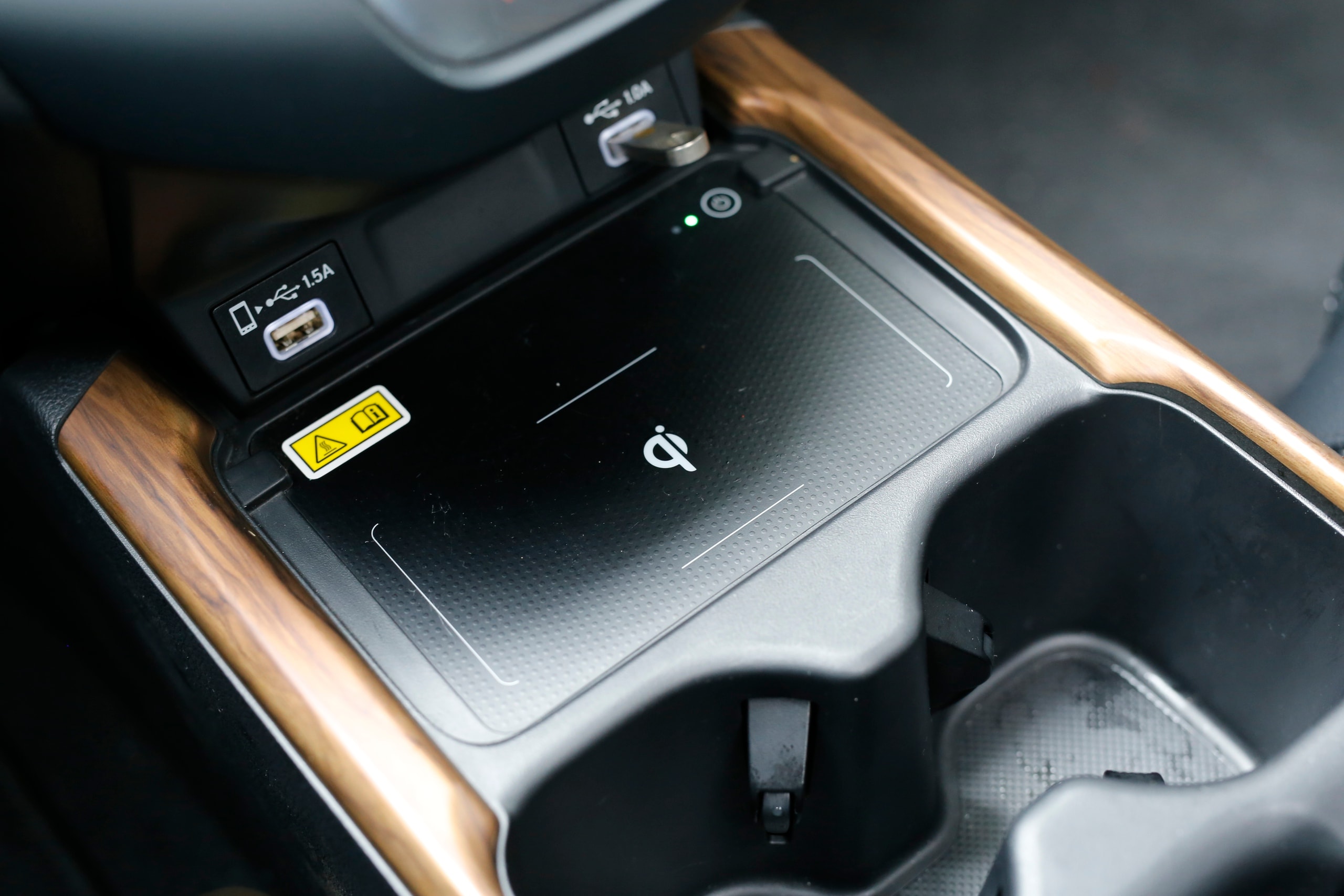
In addition to the convenience, wireless charging also helps eliminate messy wires, as well as allowing you to charge your phone while using Apple CarPlay or Android Auto wirelessly. In addition, users no longer have to worry about finding the right charging standard for many different types of phones, or suddenly forgetting to bring a charging cable.
Of course, a charging cable will be optimal for the phone, but when there is none, a wireless charger will always meet the charging needs well.
Vietnam's auto market is unlikely to flourish in 2024
2. Automatic emergency braking system
Accidents can happen anytime and anywhere. Many of us know that drivers do not always have the reflexes to avoid a collision. That is why automatic emergency braking is essential.
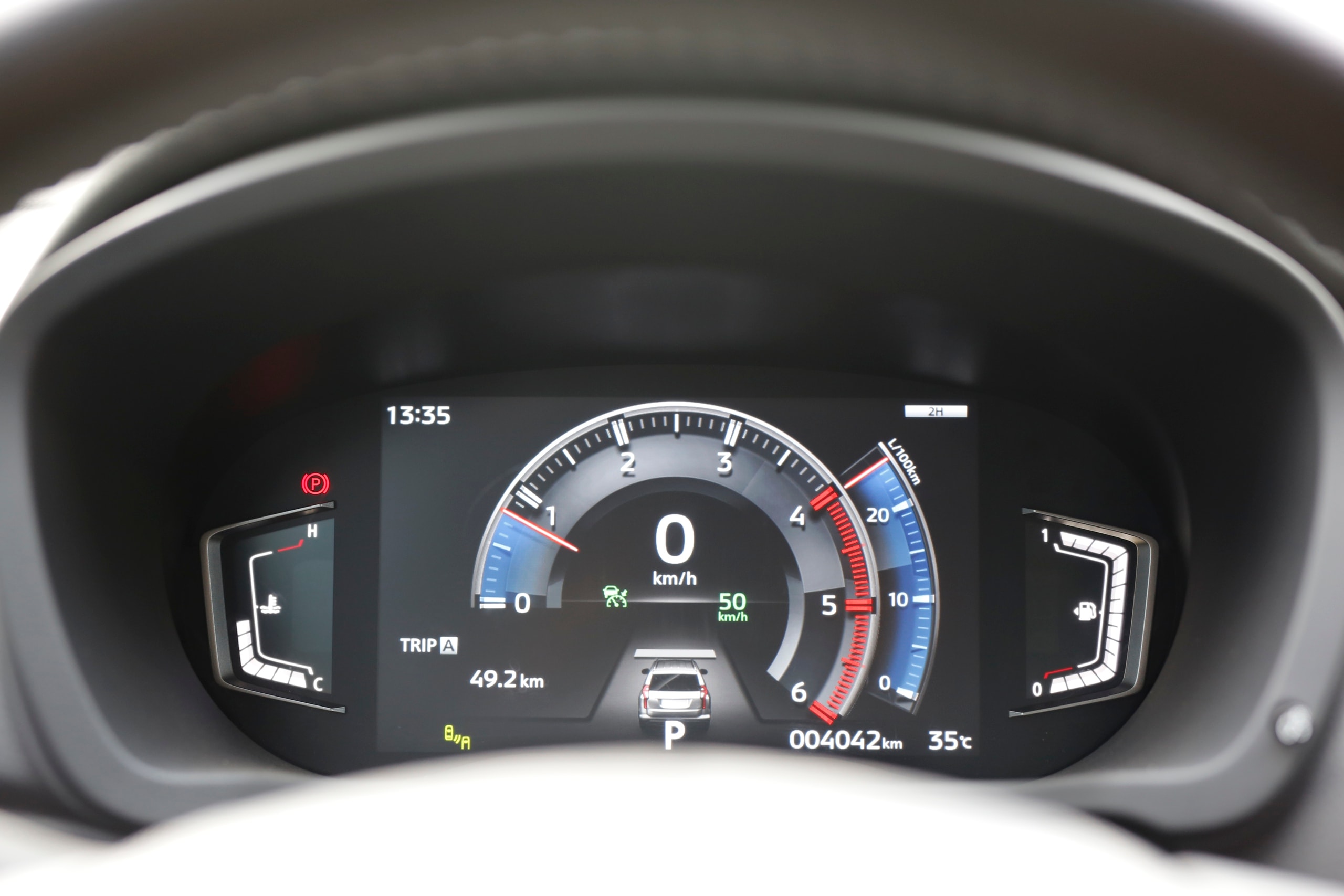
Those who have used this feature must have realized the great benefits it brings. Unfortunately, this feature is only available on luxury and near-luxury cars - models that not everyone can afford to own.
However, the idea that when driving with an automatic emergency braking system, you don't need to concentrate too much (because the system is already processing) is a very wrong thought. Remember that no matter how modern and advanced the system is, it is still just a support feature. Therefore, we should only consider it as a safety system and a support role in case we cannot handle it in time, but should not abuse this system.
3. Rear cross traffic warning
When backing out of a perpendicular parking space at a shopping mall or parking lot, you often won't be able to see if a vehicle is cutting across behind your vehicle.
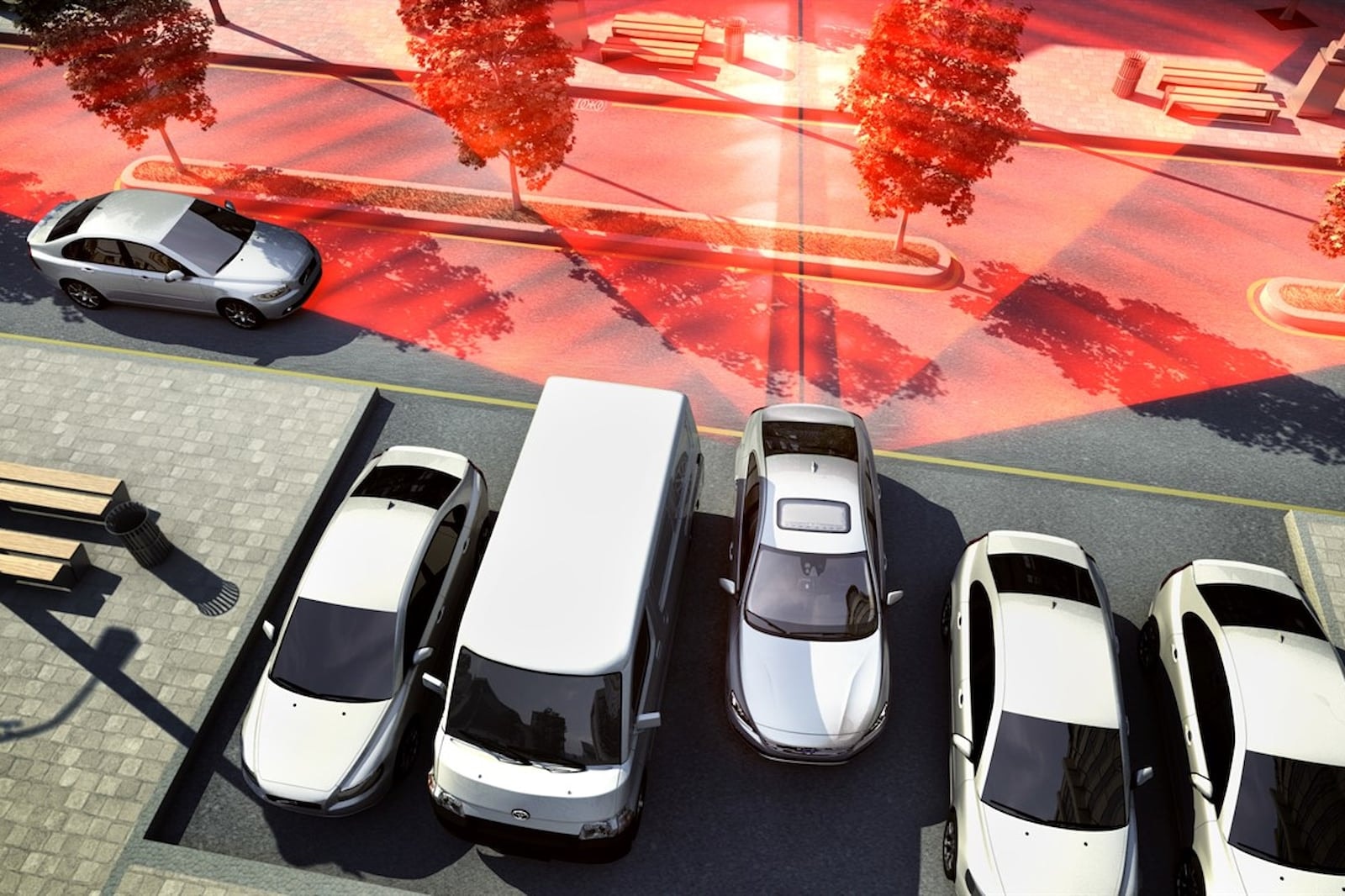
Depending on where you are parking, there may be pedestrians or cyclists who are not paying attention to your car as it is backing out of the parking space. The result is a collision that can cause minor scratches to the car, or serious damage to both property and people.
This is where rear cross-traffic alert comes in. While it’s still a relatively expensive technology to add to every car (due to the number of sensors required), the cost pales in comparison to the potential damage that can occur in a collision.
In a few years, when companies have mastered the technology, popularizing this feature will probably not be too difficult.
4. Blind spot monitoring
Blind spot warning is no longer a strange concept. It helps the driver know when there is another vehicle in the dangerous range of the car or not.
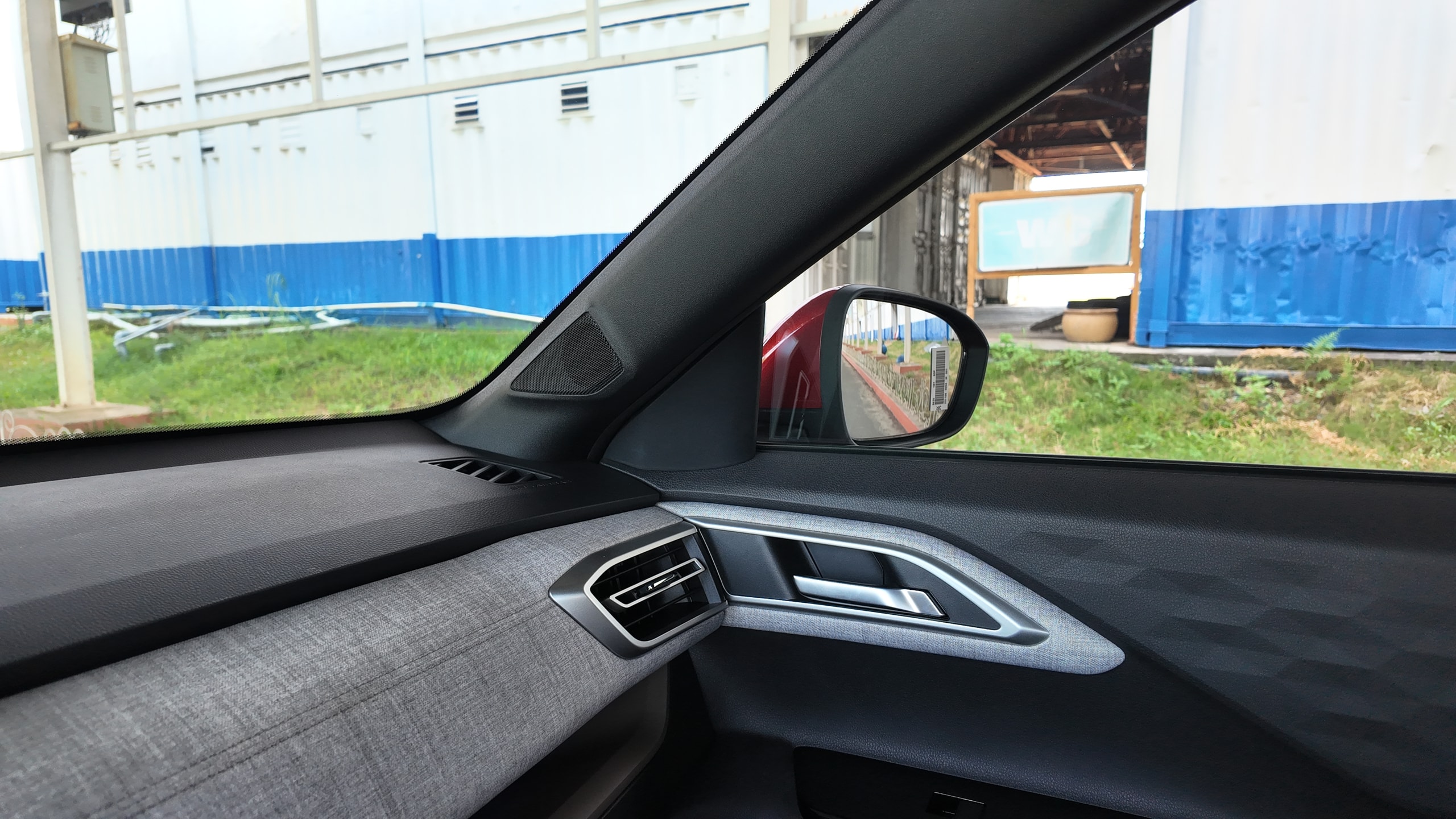
Previously, when this feature did not exist, drivers would have to turn their heads shoulder-to-shoulder to check if there were any vehicles in their path of danger (that could not be seen in the rearview mirror).
This causes inconvenience and danger in some cases. Specifically, if we are moving at high speed, turning around like this is potentially too risky.
Besides, in some rare cases such as limited side vision or the driver has health problems and cannot turn his neck, they also cause potential dangers.
That's why blind spot warning technology was born and is like a savior - it makes turning or changing lanes much simpler and safer.
5. Android Auto & Apple CarPlay
The Android Auto & Apple CarPlay system helps drivers avoid distraction when driving and using their phones at the same time. In addition, they also display content such as navigation, opening songs, etc.
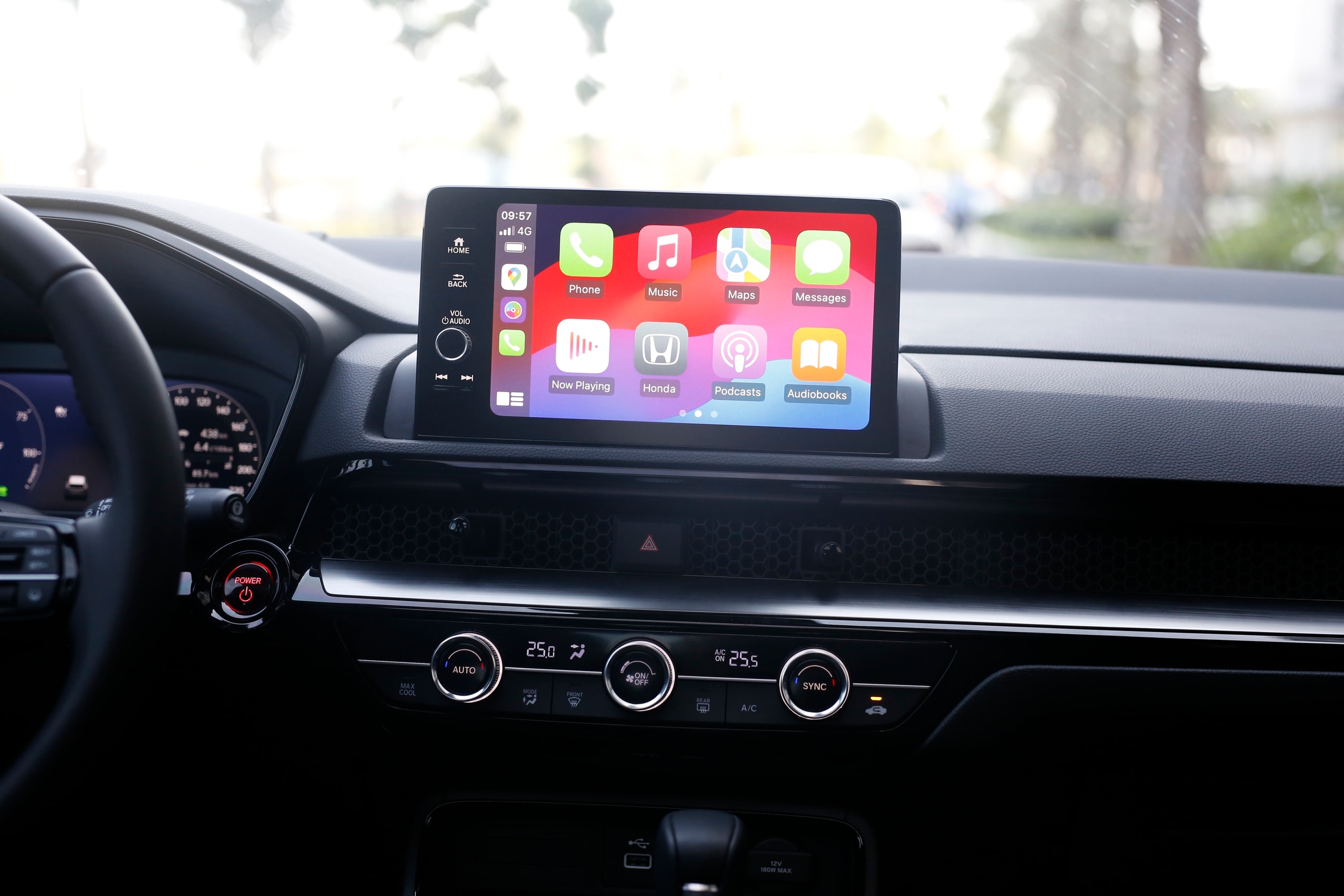
Of course, a useful feature like this should be equipped in any car model. However, in reality, there are still cars that are not equipped with this technology, and this is unacceptable in the current digital age.
In short, putting the above features on cars as standard equipment is a matter that does not need to be discussed, especially when the benefits it brings are so huge.

